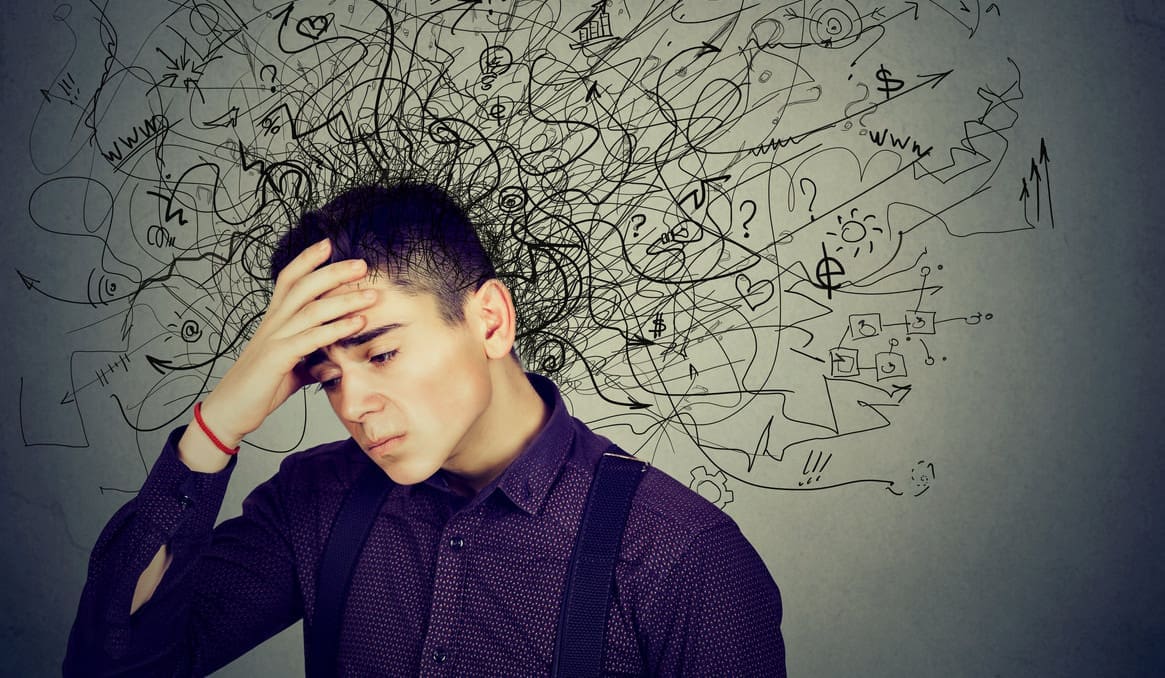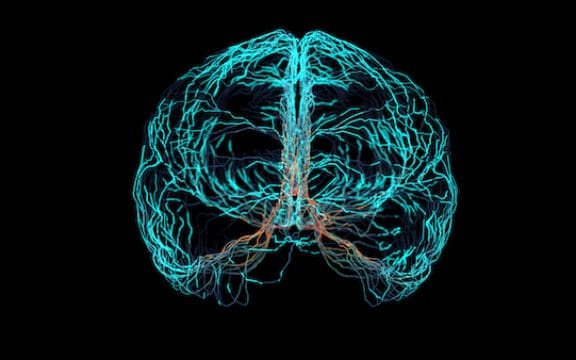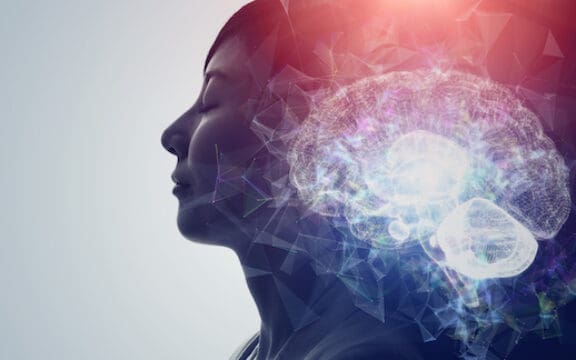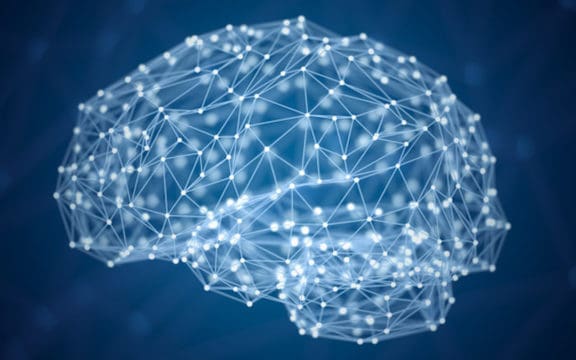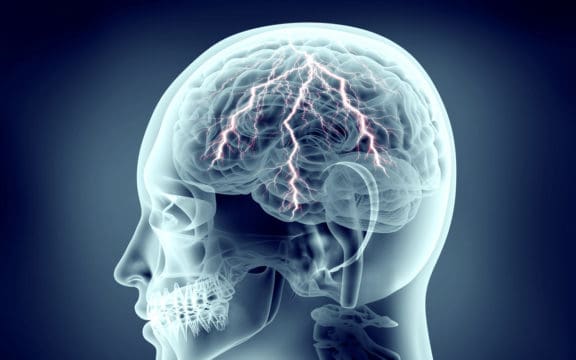Anxiety and depression are both psychiatric conditions and it is common for a patient to have both conditions at once. Although they are two of the most common psychiatric conditions, people can have trouble distinguishing between the two. However, when you look at anxiety vs. depression, you can see how the two are distinctly different from one another.
Anxiety vs. Depression
About 50% of patients who are diagnosed with depression are also diagnosed with an anxiety disorder. When comparing anxiety vs. depression, it’s essential to look at some of the major symptoms.
Anxiety
Anxiety, or generalized anxiety disorder, is “characterized by persistent and excessive worry about a number of different things” according to the Anxiety and Depression Association of America (ADAA). The major symptoms of anxiety are:
- Excessive worrying
- Irritability
- Restlessness
- Being easily fatigued
- Sleep disturbance
- Trouble concentrating
- Muscle tension
The part of the brain called the amygdala is highly stimulated in anxious individuals. Studies of adults with anxiety disorders have shown that they possess enlarged, highly connected amygdalae. The amygdala communicates with different brain structures and stores your emotional memories, such as your fears. It can trigger a fearful or anxious response in the brain to an outside stimulus. Often, an anxious mind anticipates worst-case scenarios and overwhelms itself with excessive day-to-day worries. Someone with anxiety might acknowledge their situation does not warrant their worries, but they often have difficulty controlling the level of worry.
Depression
Depression takes on many forms. The most common is major depressive disorder, but other types include postpartum depression and seasonal affective disorder, among others. Depression is diagnosed when a person experiences at least two weeks of persistent low mood accompanied by several other symptoms, such as:
- Loss of interest or pleasure in activities once enjoyed
- Changes in appetite
- Trouble sleeping or excessive sleep
- Loss of energy
- Thoughts of death or suicide
A depressed brain is different from a healthy brain. Under mental stress, such as in a depressive state, the body produces the hormone cortisol. The hippocampus, the part of the brain that stores memories and regulates cortisol, struggles when presented with too much of this hormone. Excessive cortisol in the brain often causes the hippocampus to shrink and can impair memory. The prefrontal cortex, which helps regulate emotions and make decisions, also appears to shrink and has abnormally low activity in depressed people. The severity of depression often correlates with the extent of decline in activity in the prefrontal cortex. The prefrontal cortex, specifically the dorsolateral prefrontal cortex, is the part of the brain that is stimulated when TMS (Transcranial magnetic stimulation) is used to treat depression.
Similarities of Anxiety and Depression
Although there are differences between anxiety and depression, the two also have a lot in common. Many of the same neurons are affected in the brains of anxiety patients and depression patients, for instance. Both conditions involve a lot of negative thinking and can lead to physical symptoms like headaches and nausea. In addition, both anxiety and depression can cause disturbances in appetite, impairment in concentration, poor functioning, and sleeplessness. As mentioned previously, it is common to be diagnosed with both disorders at once. They are also both very treatable and patients should seek out their options to find out what will work best for them.
Resources for Anxiety and Depression
Below are some resources for you or a loved one who wants to learn more about anxiety and depression, or may need some treatment or support:
- National Alliance for Mental Illness (NAMI): NAMI is a great organization that educates the general population about mental health, advocates for mental health, and supports those suffering from mental illness.
- Anxiety and Depression Association of America (ADAA): The ADAA seeks to prevent, cure, and treat anxiety disorders and depression. They have a lot of informational articles and links patients with healthcare professionals for treatment.
- The Anxiety Network – Help and Support: The Anxiety Network has support groups to help those suffering from anxiety disorders and mental health struggles to connect and talk to one another.
Contact Mid City TMS
If you’re struggling with depression, Mid City TMS can help. Mid City TMS is a New York TMS center that provides transcranial magnetic stimulation as a part of our comprehensive depression treatments. Learn more about what TMS treatment feels like here, and please contact us with any questions. If you’re interested in starting treatment, make an appointment today.



